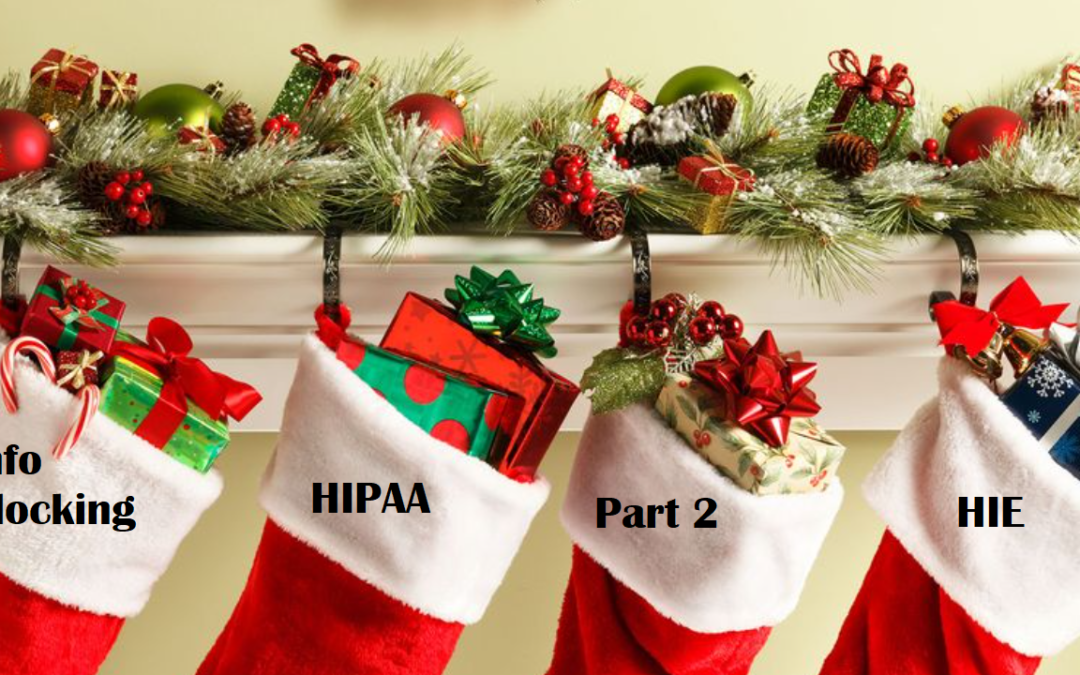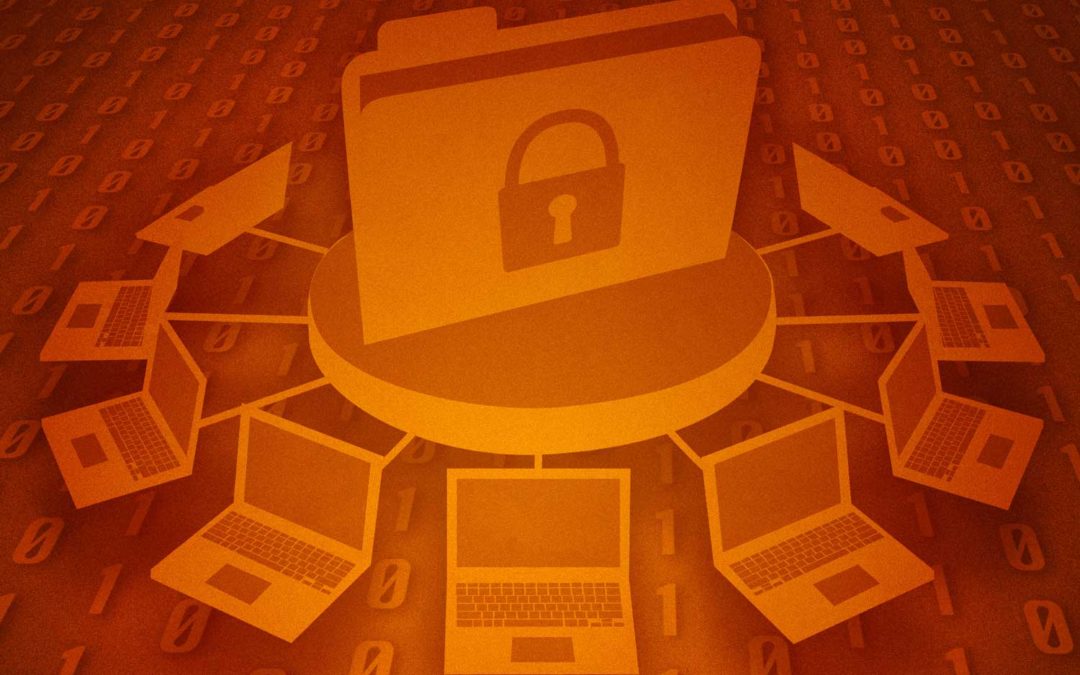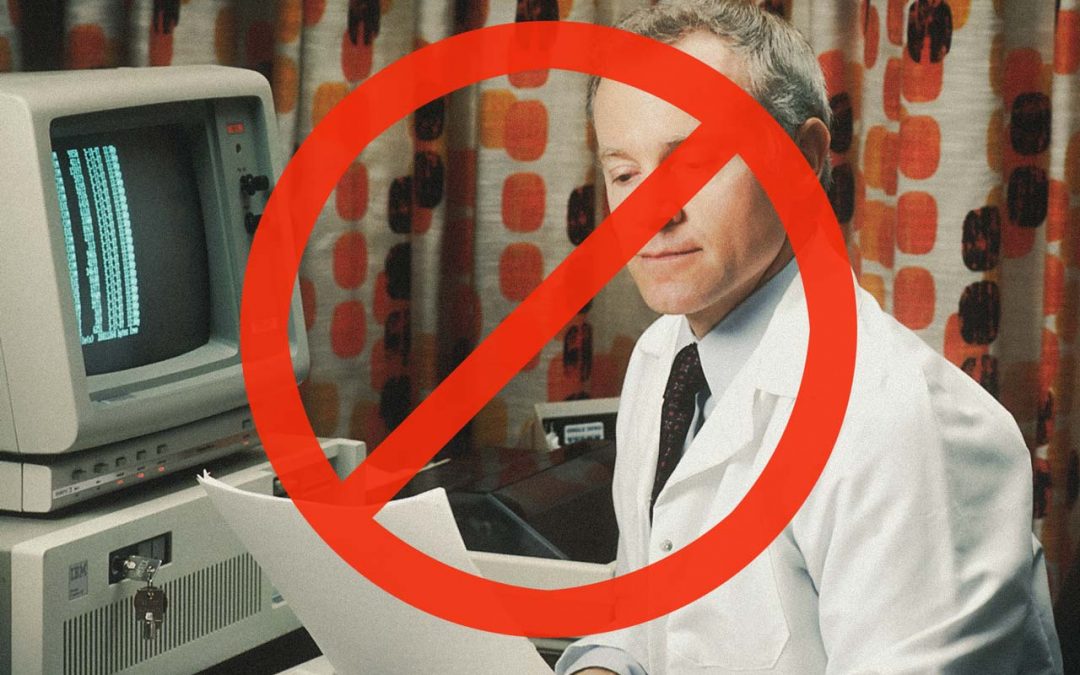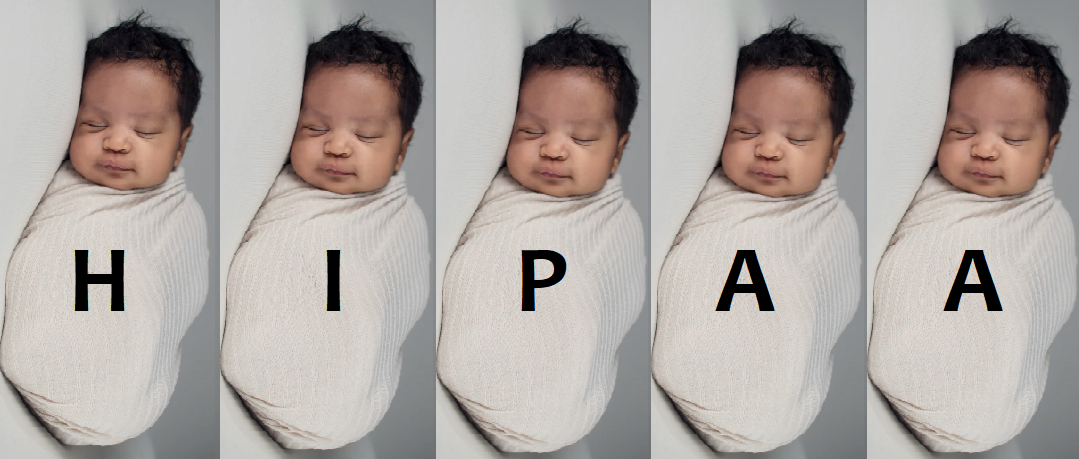Seasons Greetings to all of our readers! First, we want to wish you and yours a holiday season filled with health, happiness and hope! We also want to thank you all for continuing to make Legal HIE such a popular and highly visited blog! It puts a smile on our face seeing so many of you enjoying our posts and returning to our site often!
As stockings are being hung by chimneys with care, we want to make sure you know that Legal HIE’s stockings are absolutely stuffed to the brim with tremendous tools, sample forms, polices and turn-key solutions that can help your organization stay on top of the most pressing compliance challenges, and ever-changing healthcare regulatory landscape. 2021 promises to be a year with many new and final regulations going into effect, and being released. The Legal HIE compliance library was created specifically for this purpose – to help busy and overwhelmed compliance officers and attorneys keep up with these changes by offering turn-key samples and solutions as a solid starting point.














